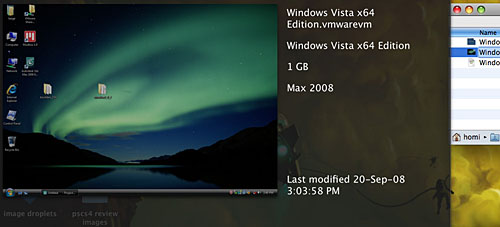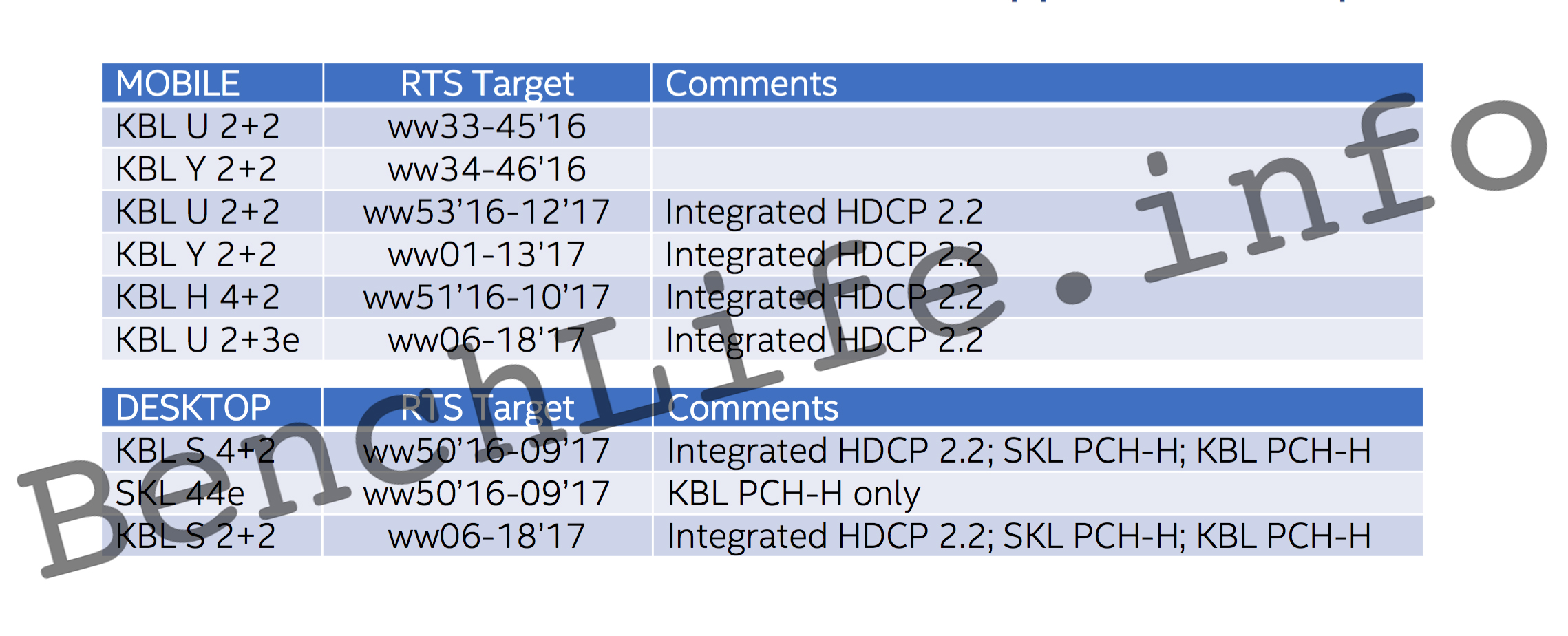
#Kaby lake vmware fusion 10 pro
2017 iMac Pro (the only 2017 model likely to be supported for longer than the rest from that year, and it has a T2 chip).2020 27-inch iMac with Retina 5K display.
#Kaby lake vmware fusion 10 mac

You should also make sure the Mac has at least 16 GB of memory and plenty of storage for your VMs.Ĭonsidering 2018 and later Intel Mac notebooks only, a minimum of four cores narrows the options to this list:
#Kaby lake vmware fusion 10 windows
If you can delay the decision until mid June 2023 then we'll be able to confirm which models will be supported by macOS 14.įor using VMware Fusion you'd also be better served with a Mac that has more than two CPU cores (only having two cores can result in performance problems with virtualisation if your guest OS needs two cores, including Windows 10/11 and macOS guests). If you are looking for another Mac soon, I'd recommend avoiding other 2017 models as they might be dropped by macOS 14 next year. MacOS Monterey is expected to get a further two years of security updates so you don't need to panic, but you will need a plan in two years time if you want to keep running VMware Fusion in a supported macOS version on an Intel Mac (required for Intel guest operating systems). This also means you may not be able to run macOS Ventura in a virtual machine on a 2017 MacBook Air, because parts of Ventura are known to require processor features which do not exist in older processor generations. The key reason these models are excluded is the processor generation: all Intel Macs supported by macOS Ventura have a generation 7 (Kaby Lake) or later processor, whereas the 2015/2017 MacBook Air has a generation 5 (Broadwell) processor. The 2017 MacBook Air is the only 2017 Mac excluded from Ventura, because it is technically identical to the 2015 MacBook Air, apart from minor hardware changes such as more storage in base models, and in one of the base models a slightly faster CPU (of the same generation). (You might be able to get Ventura working with a third-party hack but that is not a supported configuration for Apple or VMware Fusion macOS Ventura running that way is likely to be missing support for some existing hardware features, have more compatibility issues than expected, and be less stable.)

It is excluded from Apple's official support list, which you can see near the bottom of. Sorry to be the confirmer of bad news, but your 2017 MacBook Air will not be able to run macOS Ventura. Any way, the article is clear and so, thanks you for your help. Part of the url article posted, it is that my MacBoo Air 2017 will not support MacOS Ventura, I hope that this article fails because of two year ago I have changed my 2012 MacBoo Air because it does no support new MacOs releases.


 0 kommentar(er)
0 kommentar(er)
